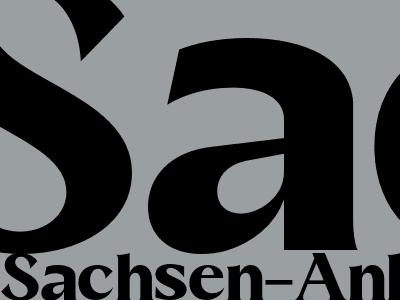
Sachsen-Anhalt: CDU Would Only Govern With BSW or AfD
CDU Prevails, but Loses Majority
The Christian Democratic Union (CDU) emerged as the victor in the recent state elections in Saxony-Anhalt, but fell short of an absolute majority, securing only 37.1% of the vote. This outcome leaves the CDU facing the prospect of forming a coalition government.
Potential Coalition Partners
The CDU's options for coalition partners are limited. The far-right Alternative for Germany (AfD) garnered 23.6% of the vote, a significant increase from the previous election. The right-wing Free Voters (BSW) received 9.2%, while the Social Democratic Party (SPD) came in third with 11.2%.
Coalition With AfD Unlikely
A coalition between the CDU and AfD is considered highly unlikely due to the AfD's extreme positions and history of inflammatory rhetoric. Furthermore, such a coalition would face strong opposition from within the CDU and the broader public.
BSW as a Potential Partner
The BSW, a conservative party with a focus on rural issues, represents a more viable coalition option for the CDU. However, negotiations between the two parties are likely to be difficult, as the BSW has expressed reservations about some CDU policies.
Implications for Saxony-Anhalt
The formation of a stable government in Saxony-Anhalt is crucial for the state's future. A coalition between the CDU and BSW would likely result in a more conservative government, while a minority government led by the CDU would face challenges in passing legislation.
Impact on State Policies
The composition of the next state government will have a significant impact on policies related to education, healthcare, and economic development. The CDU has pledged to reduce taxes and bureaucracy, while the BSW emphasizes support for rural areas.
Uncertainty and Speculation
As negotiations between the CDU and potential coalition partners continue, uncertainty remains about the future of Saxony-Anhalt. The outcome of these negotiations will shape the state's political landscape and policies for the upcoming legislative period.